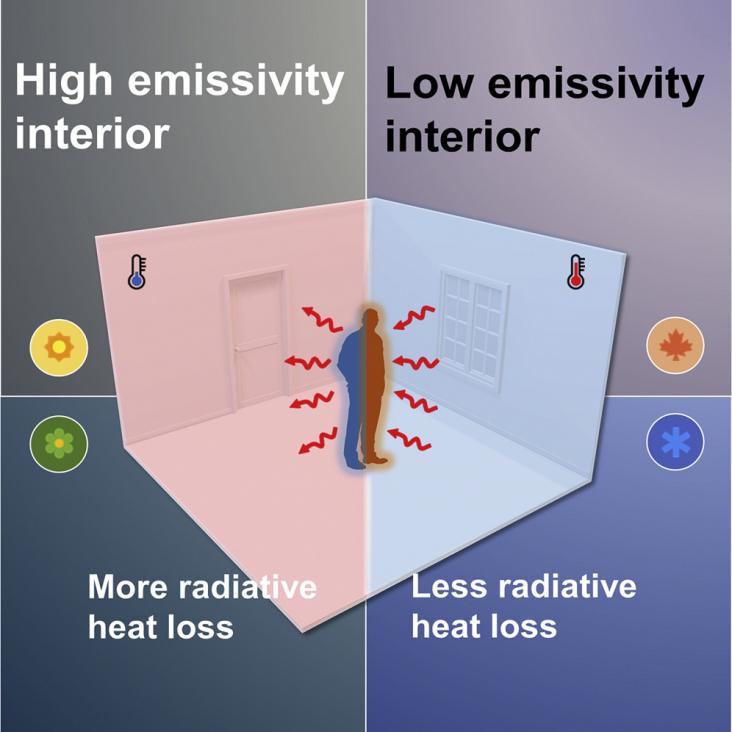Background: Associations between high and low temperatures and increases in mortality and morbidity have been previously reported, yet no comprehensive assessment of disease burden has been done.

Nuclear power's contribution to climate change mitigation is and will be very limited. Currently nuclear power avoids 2–3% of total global GHG emissions per year. According to current planning this value will decrease even further until 2040. A substantial expansion of nuclear power will not be possible. Given its low contribution, a complete phase-out of nuclear energy is feasible.
This chapter advances UN SDG goals 11 and 13 by examining how the development of clean technologies can reduce potential environmental and human health hazards associated with the production of nanotechnology products.
Proven and sustainable practices like climate-smart agricultural practices (CSAPs) need to be prioritized and promoted for uptake especially by the farmers to achieve sustainable development.
The interest in eating insects as food is increasing, not least for sustainability reasons. However, the acceptance among consumers remains low.

The direct conversion of methane to methanol is very promising to achieve a decarbonized future but remains a great challenge.
Facultative polyandry protects females from compromised male fertility caused by heatwave conditions
Animal Behaviour, Volume 178, August 2021
Why is polyandry such a common mating behaviour when it exposes females to a range of significant fitness costs?
Change the paradigm in medical education: "the climate change generation"

